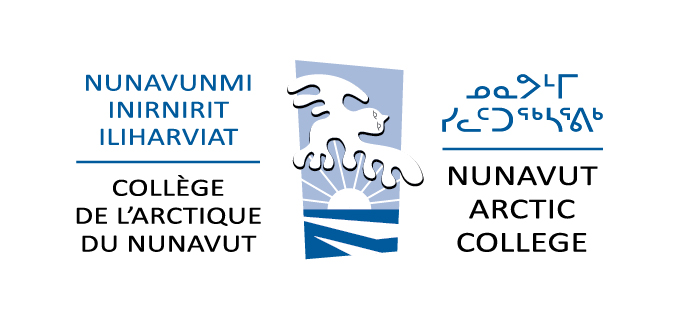Arnauvugut: Women Exploring Trades Conference
Photo courtesy of Skills Canada Nunavut
(Rankin Inlet, August 27, 2020) Young women from across Nunavut traveled to Rankin Inlet for Arnauvugut, an exciting event encouraging women’s exploration of trade careers in Nunavut. Skills Canada Nunavut and Nunavut Arctic College teamed up to host “Arnauguvut: Women Exploring Trades” the first conference of its kind in the territory.
The conference ran from August 24-26, 2020, and was held at the Nunavut Arctic College Kivalliq Campus, with students staying at the Kivalliq Hall residence while attending their daily workshops at the Sanatuliqsarvik Trades School. Arnauvugut, Inuktitut for “We are women”, was created as an opportunity for young women in high school to learn about trades careers, training programs are available in Nunavut, and to develop their own trades skills at this 3-day intensive workshop.
Skills Canada Nunavut selected 29 interested female high school students from 14 communities in all three Nunavut regions to participate in this hands-on event. Hosted by instructors faculty at Nunavut Arctic College’s Kivalliq Campus and Skills Canada Nunavut staff, the students were divided up into small groups and rotated between five different trades workshops, all of which are apprenticeship programs and courses offered at Nunavut Arctic College’s Trades School: Plumbing, Electrical Installations, Oil Heat Systems, Heavy Equipment Operator and Carpentry. In each 2-3 hour workshop, students were challenged to design and build their own projects using professional techniques and tools, with the guidance and encouragement of instructors and mentors in each trade.
In carpentry, the young women built and painted smartphone stands which they were excited to take home and start using. There was an ease in each classroom, and it was apparent from the quiet concentration and occasional collective laughter that everyone felt comfortable. There was a lively excitement at the learning annex where students tried the heavy equipment simulators, and awe in the electrical class as the students watched their lights turn on and off after hours of carefully assembling wires.
Each day, the participants and organizers left Sanatuliqsarvik buzzing with excited energy and new friendships. NAC summer student, Dodie Netser, who is enrolled in NAC’s Management Studies program, not only helped coordinate the event, but also organized team building activities, like a scavenger that challenged students to get to know the Rankin community and local culture; the winning team won a collection of tools and toolbelts and wore them with pride on their walk back to Kivalliq Hall.
In addition to the intensive trades workshops, all students attended presentations from Skills Canada Nunavut, NAC’s Recruitment Team, and Family Services. After just a few hours in the classrooms, students were already excited to learn more about pursing trades after graduating and how they could get involved in their communities. Many were not aware of the diversity of programs offered in their own territory through NAC and felt more confident to pursue post-secondary education after building confidence and independence at this event so far away from home.
On the last night of the program, students, faculty, and staff were bussed out to explore the Thule site and go berry picking under the hot Rankin Inlet sun. The students’ hard work culminated in a BBQ of tuktu and umingmak to celebrate the students’ accomplishments. The Minister responsible for NAC, Patterk Netser, Sue Ball, Chairperson of the NAC Board of Governors, and Acting President, Becky Mearns, were also in attendance and took part in the festivities.
While students were excited to return to their families and home communities the next day, they all asked when the next event would be happening again so they could come back and tell their friends to join too.
Women across Canada, including Nunavut, are still less likely to pursue careers in the construction or industrial trades despite the increasing demand for skilled trades workers. This is largely due to the perpetuation of false stereotypes that women are not physically capable of being skilled trades workers, as well as the gender bias against women that still exists in trades and technology sectors. The Arnauvugut conference highlighted that when young women are given the opportunity and information in an encouraging environment, they can and will thrive in the skilled trades sectors. Nunavut Arctic College staff and faculty who took part in the event are still glowing from such an exciting and rewarding experience, not just for the students but for everyone in attendance.
###

